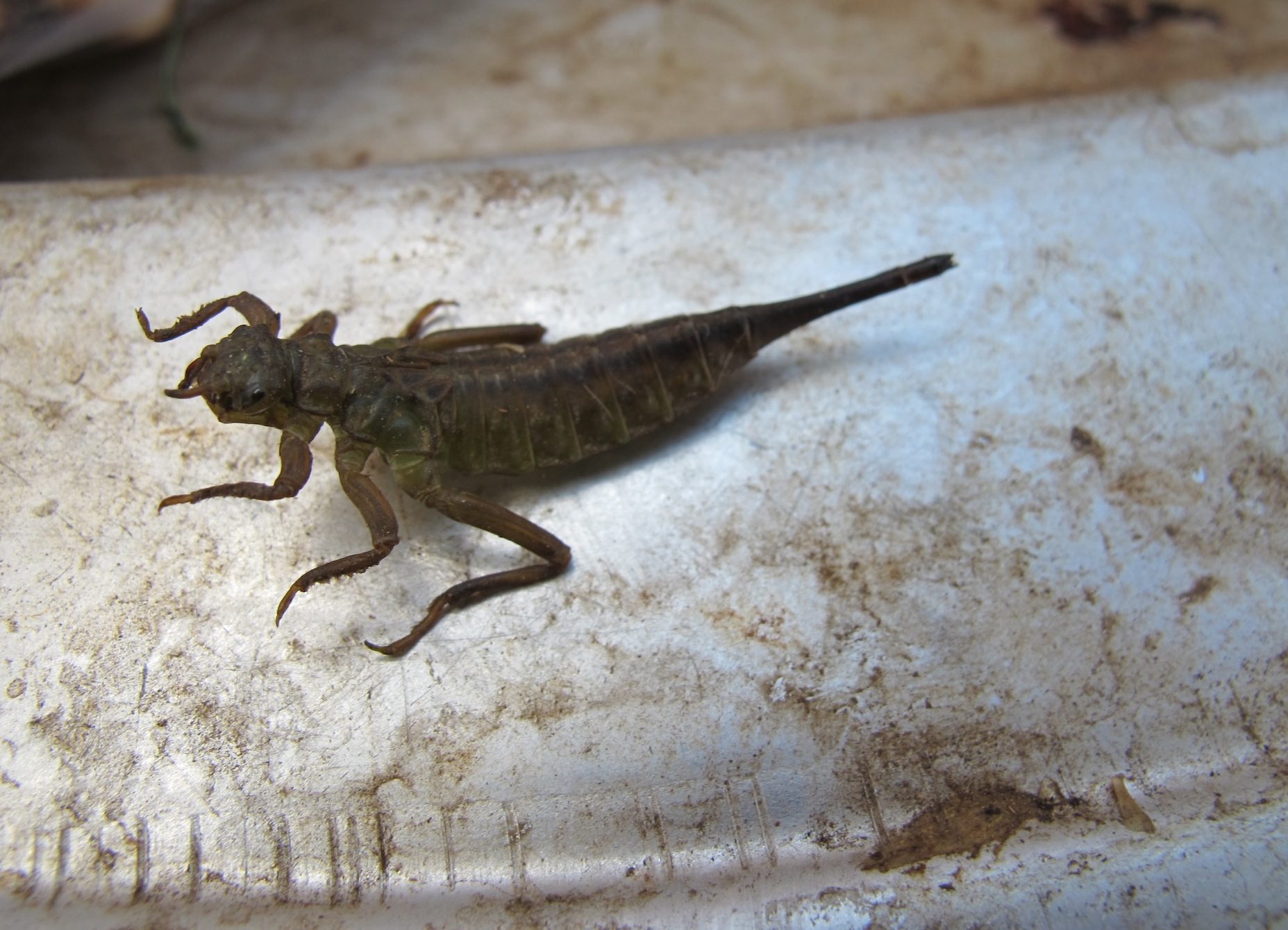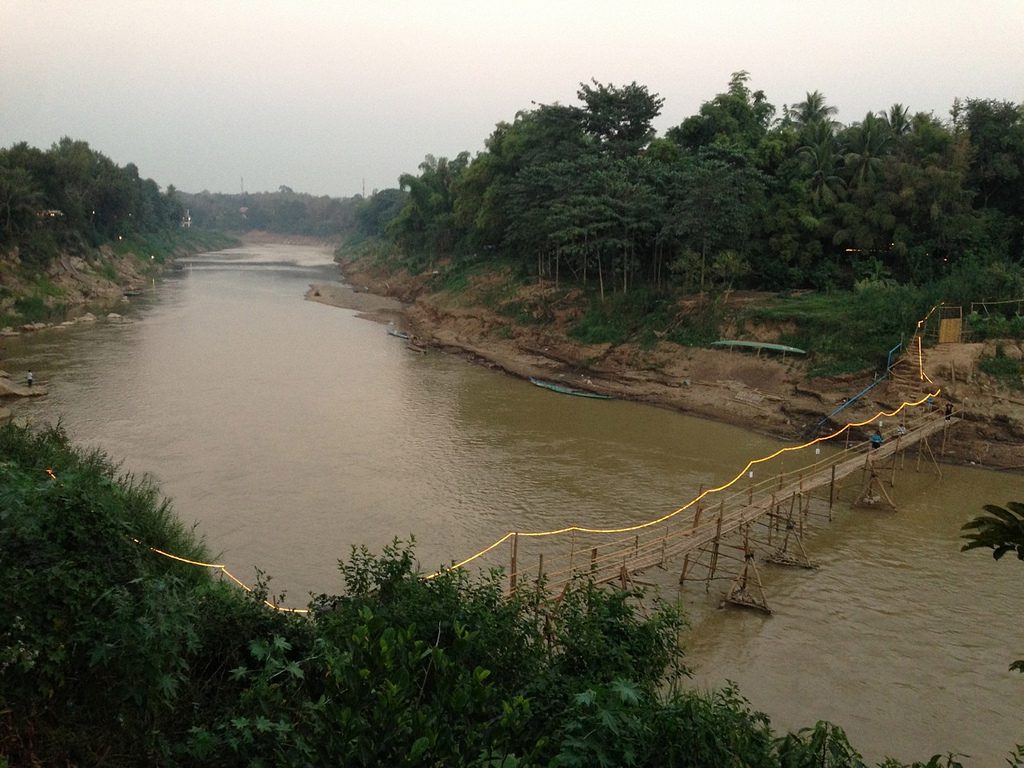Wednesday September 17, 2014
In honor of World Water Monitoring Day tomorrow, we wanted to highlight the importance of clean water to people and wildlife, as well as the importance of regular “check-ups” to assess local water quality. Fresh water is the source of life for people and animals around the world. As we’ve observed from our work in Southeast Asia, river water plays a central role in daily life for people who live alongside the Mekong River and its tributaries. People wash and cook their food with river water, bathe in it, and swim and play in it. They use the water for their riverside gardens, and also harvest food directly from the river. Fish are obviously very important food sources, but local people also eat aquatic plants like river weed, and other aquatic animals like frogs, turtles, snakes, and insects.
A number of different factors influence water quality, such as temperature, dissolved oxygen, pH (a measure of acidity or alkalinity), and various pollutants. Some sources of river pollution include human waste, industrial waste such as detergents and heavy metals, and agricultural chemicals such as fertilizers and pesticides. Monitoring these various indicators over time is important for keeping track of river health. Water quality monitoring can be a high-tech process using specialized equipment, but aquatic animals like water bugs can also play a role in this process by serving as water quality indicators. The presence of aquatic insects that are considered sensitive to poor water quality would be an indication of a healthy ecosystem. On the other hand, the absence of these sensitive insects, and greater abundances of hardier species, might indicate a more degraded ecosystem.
Over the last few months, FISHBIO has been learning about The Asia Foundation’s work to engage local communities in water quality monitoring in Laos. They have trained local Lao citizens in a number of villages how to to identify various species of water bugs, and how to conduct surveys to investigate which species are present in their streams and rivers (read more on The Asia Foundation blog). The project helps local people actively participate in monitoring water quality in their communities over time. At FISHBIO, we often conduct aquatic insect surveys of our own because of the important part these invertebrates play as fish food. A seemingly lowly water bug can have an important story to tell about the health of its habitat and the associated food web.


